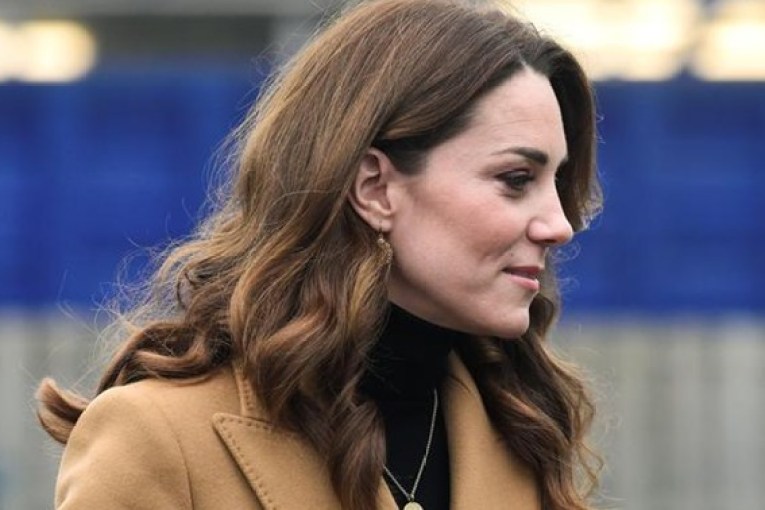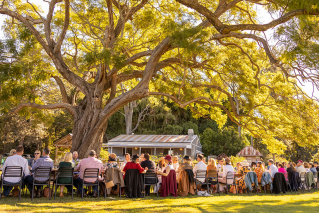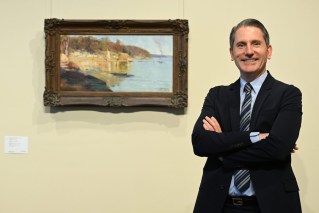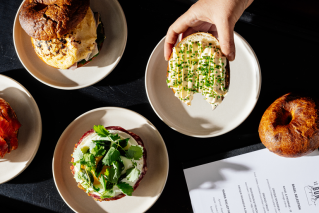Life’s grand tapestry – Ali turns trauma ‘into something beautiful’
Artist Khadim Ali’s latest exhibition, Invisible Border, is a collective history of the memories of the Hazara community in the face of dispossession. The exhibition includes a monumental nine-metre tapestry, handwoven by Hazaras in Afghanistan, who lost family in the war and use weaving as their primary income.
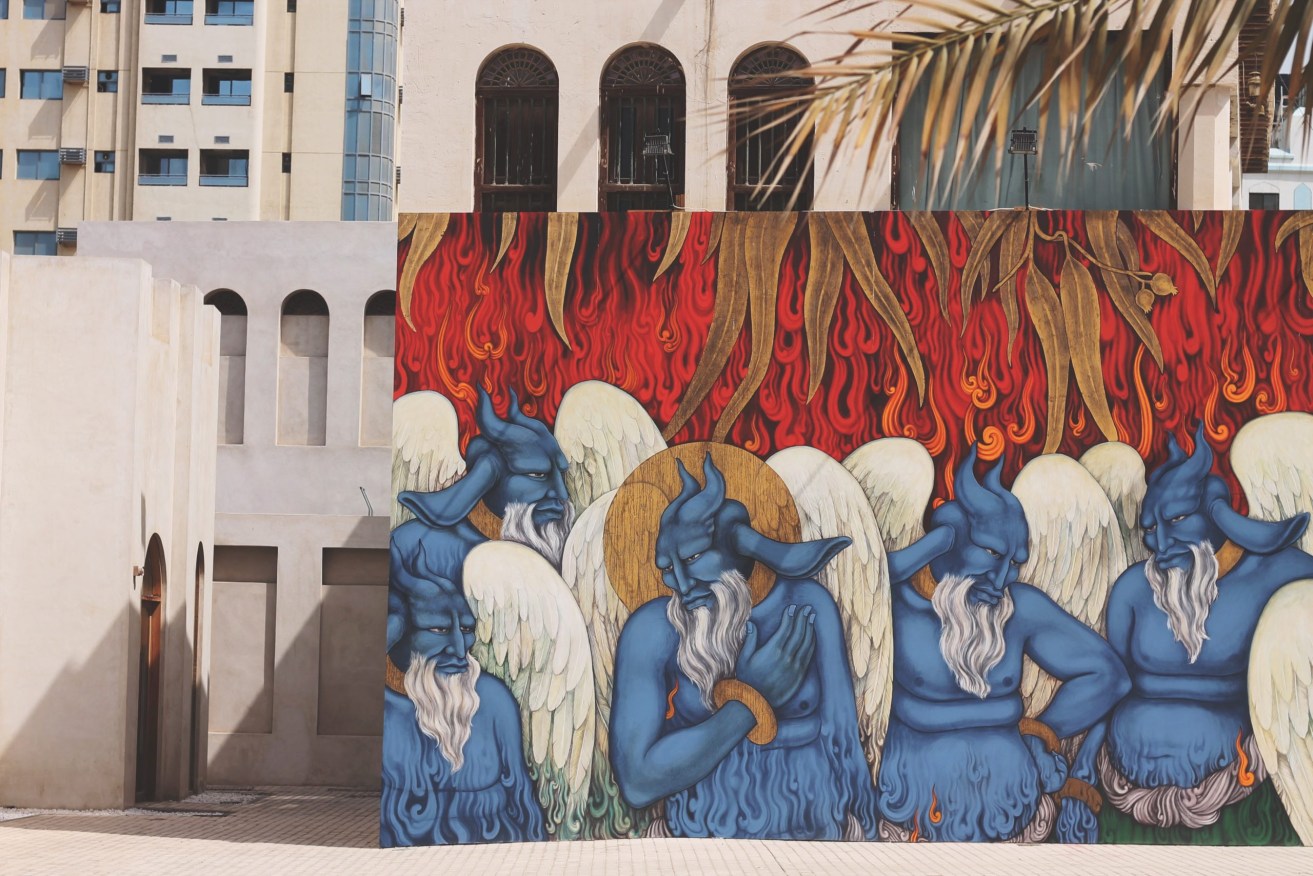
Khadim Ali, Sharjah Biennial 14. Standing Flames, 2019. (Image: Supplied)
A refugee, born in Quetta, Pakistan near the border of Afghanistan, Ali said he has existed within borderlands his whole life.
As a child he wrestled between identities of the nations on either side of his border town, and experienced racial and sectarian abuse because of his status as a Hazara, minority Shia Muslims targeted by extremism.
“My great grandfather escaped Afghanistan in 1890, hoping one day that Afghanistan would have a fair government and he could claim his parents’ land back. This never happened and as a consequence, half a million Hazaras are now living in Quetta,” Ali said.
“The entire show is reflecting on that concept of invisible border, it is about the idea of invisibility, of being marginalised, of existing as the other.
“I’m reluctant to call myself an artist because I feel more like I am writing a visual diary, noting what is happening to me or people like me.”

Invisible Border 1, a nine-metre long hand woven tapestry (Image: Khadim Ali)
Exhibition highlight, Invisible Border 1, is a nine-metre-long tapestry which has been hand-woven by a community of Hazara men and women in Kabul, Afghanistan.
Ali said it was important to serve the community as well as maintain an income for people struggling to find work, oftentimes women who had lost loved ones.
“I searched for artisans to work with me, and so many women appeared, most of whom were very skilled, but were almost begging for work.
“It is not only giving people work, but also supporting people to send their young daughters to school or to generate enough income to begin their own businesses.”
Ali said that his switch to tapestries as a medium was the result of a bombing which injured his parents in 2011.
His parents survived the attack, moving to Australia with Ali, but he recalled that the only surviving pieces of his childhood home were singed pieces of hand-woven rugs passed down from his grandmother to mother.
“Every time I look at them, I feel like I can smell the gelignite of the bomb and they are stained with the blood of my parents,” he said.
“I wanted to turn something traumatising into something beautiful, to convert it into something that you never imagined. Now that I have been working with tapestries, I enjoy this kind of work.”

Sermon on the Mount. Handwoven tapestry, 2021. (Image: Khadim Ali)
Ali has lived in Australia since 2009, nominated to arrive on a distinguished talent visa by then-QAGOMA Director Tony Ellwood. Ali has worked between Australia and Afghanistan ever since.
Ali’s most recent work, Sermon on the Mount, adopts inspiration from the Bible and the Black Summer bushfires to generate a criticism of the experience of climate change.
Ali, who lives in Sydney’s inner-west, said his home was 40km away from the Black Summer bushfires.
“During the black summer we had horrible smoke. We were barely able to breathe. I was looking at the smoke and it was nostalgic, reminding me of the war,” he said.
“It reminded me of the stories people told when fleeing from a town that was set on fire, saying there was smoke on the mountain.
“The people who set their villages on fire, the Taliban and Al-Qaeda, they were considered a terrorist organisation. What do you call the corporations who caused climate change and set fire to a significant part of the forest of Australia?” he said.
IMA Executive Director and exhibition curator Liz Nowell said she was thrilled to present Ali’s largest exhibition to date, in his adopted home of Australia.
“Khadim Ali is without a doubt one of Australia’s most acclaimed artists. His thought- provoking and poetic works have been seen all over the world: from the Guggenheim in New York to the Venice Biennale,” Ms Nowell said.
“Through intricately constructed textiles that draw on literature, traditional art forms, personal narratives and global politics, Invisible Border speaks powerfully to the experience of displaced peoples everywhere.”
Invisible Border opens at the Institute of Modern Art Saturday 10 April and will run until 5 June. Ali joins Ms Nowell in conversation at IMA on 10 April, for more information visit the IMAs website.
